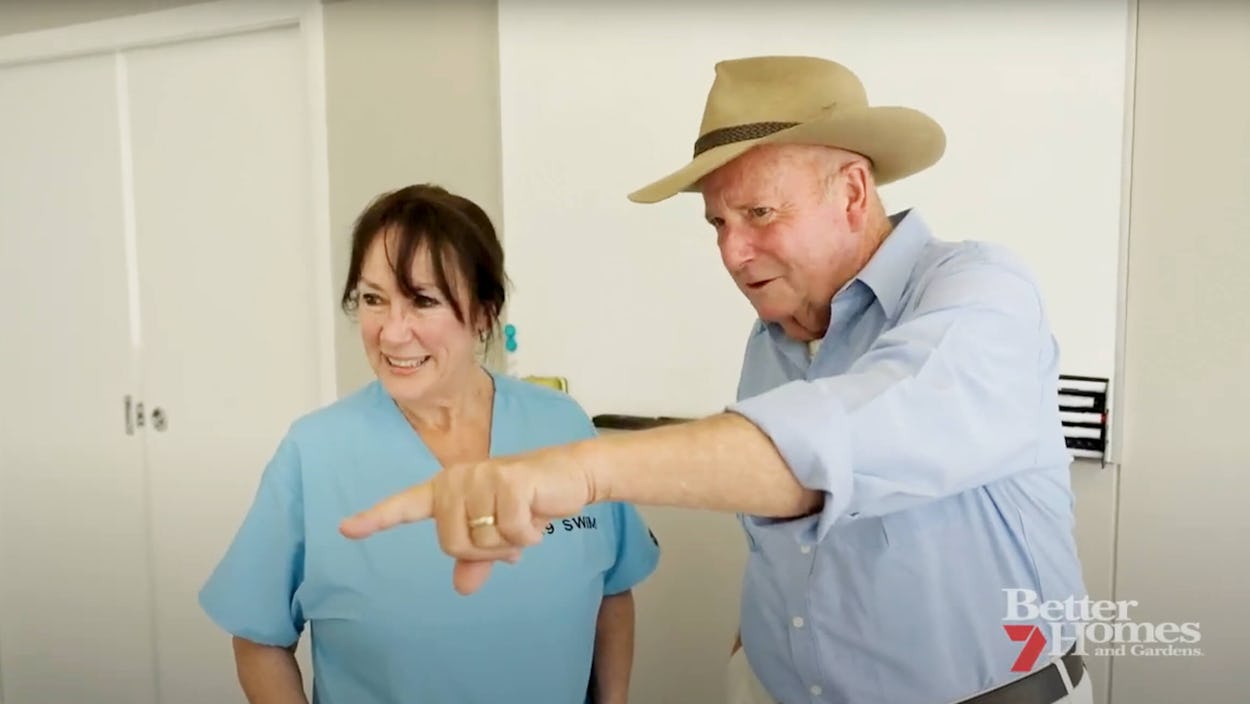
Dr Harry visits K9 SWiM!
Watch our feature on Better Homes and Gardens when Dr Harry made a visit to K9 SWiM.
LEARN MORETO REGISTER FOR A REHABILITATION SESSION, YOU REQUIRE A VET REFERRAL. DOWNLOAD VET REFERRAL FORM.

Watch our feature on Better Homes and Gardens when Dr Harry made a visit to K9 SWiM.
LEARN MORE
Watch our feature on Better Homes and Gardens when Dr Harry made a visit to K9 SWiM....
LEARN MORE
Find out why Hydrotherapy is beneficial for your dog prior to them having surgery....
LEARN MORE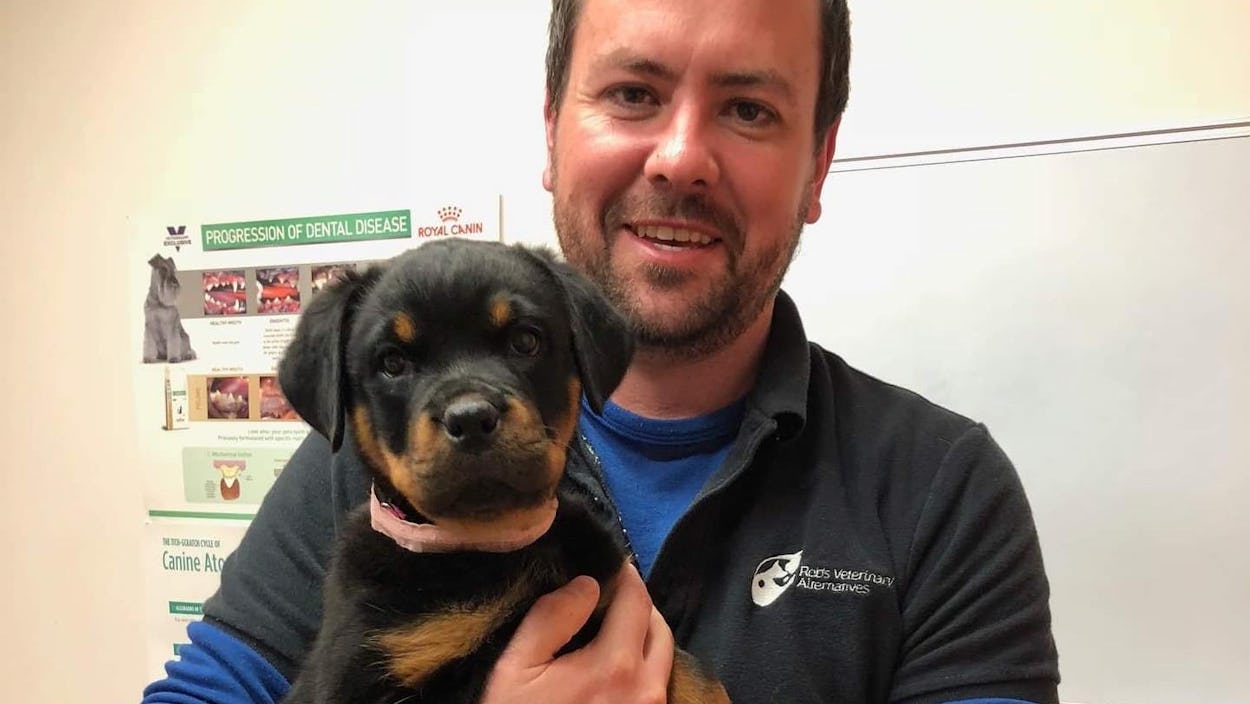
Dr Rob specialises in pain management and mobility medicine for animals and is now taking appointments for his upcoming visit to K9 SWiM later this...
LEARN MORE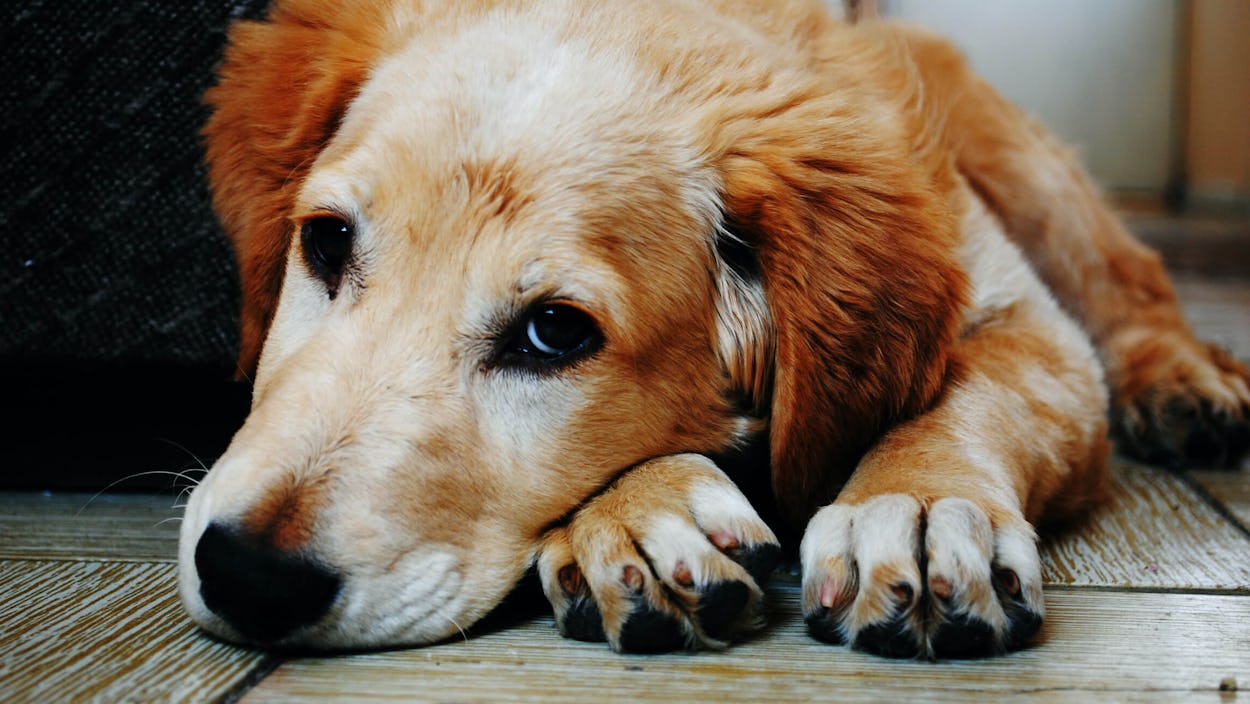
Cruciate ligament ruptures or tears are one of the most common cause of lameness or injury in dogs. Read our K9 SWiM blog to learn...
LEARN MORE
Learn how to accelerate the recovery of your dog post-surgery and assist in prevention of any secondary issues arising....
LEARN MORE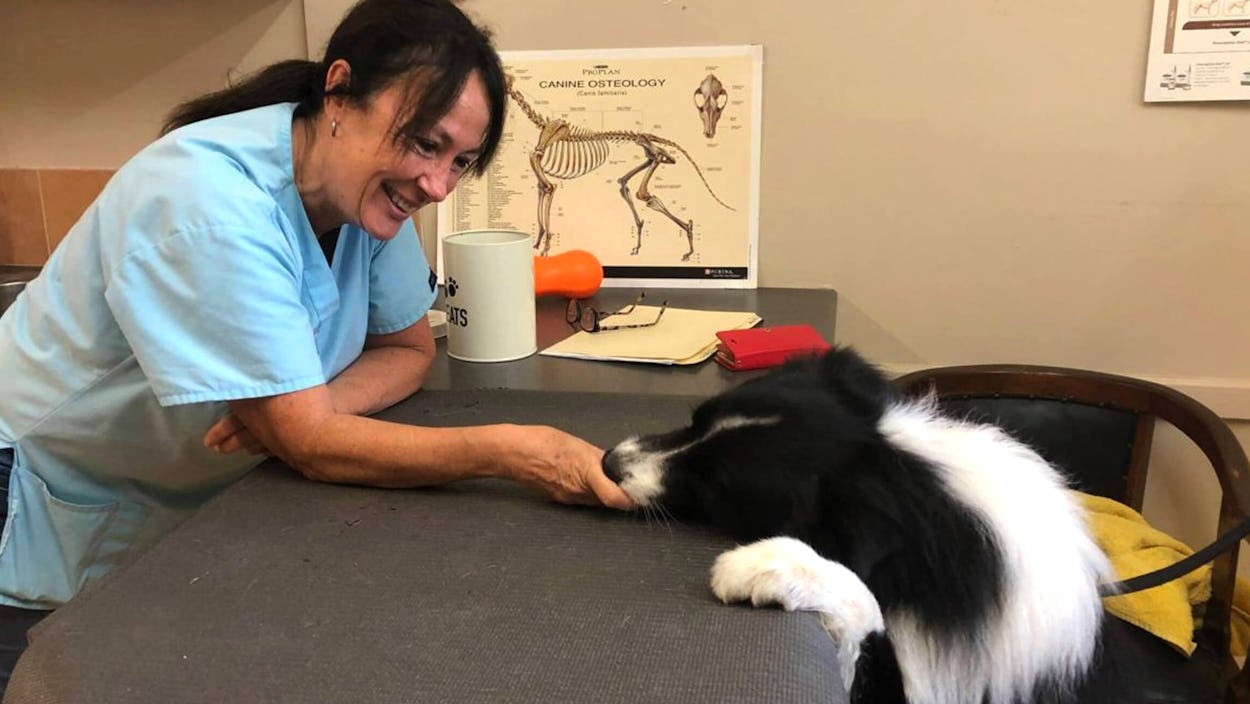
Read Antinol Australia's article about K9 SWiM by Brittany Young....
LEARN MORE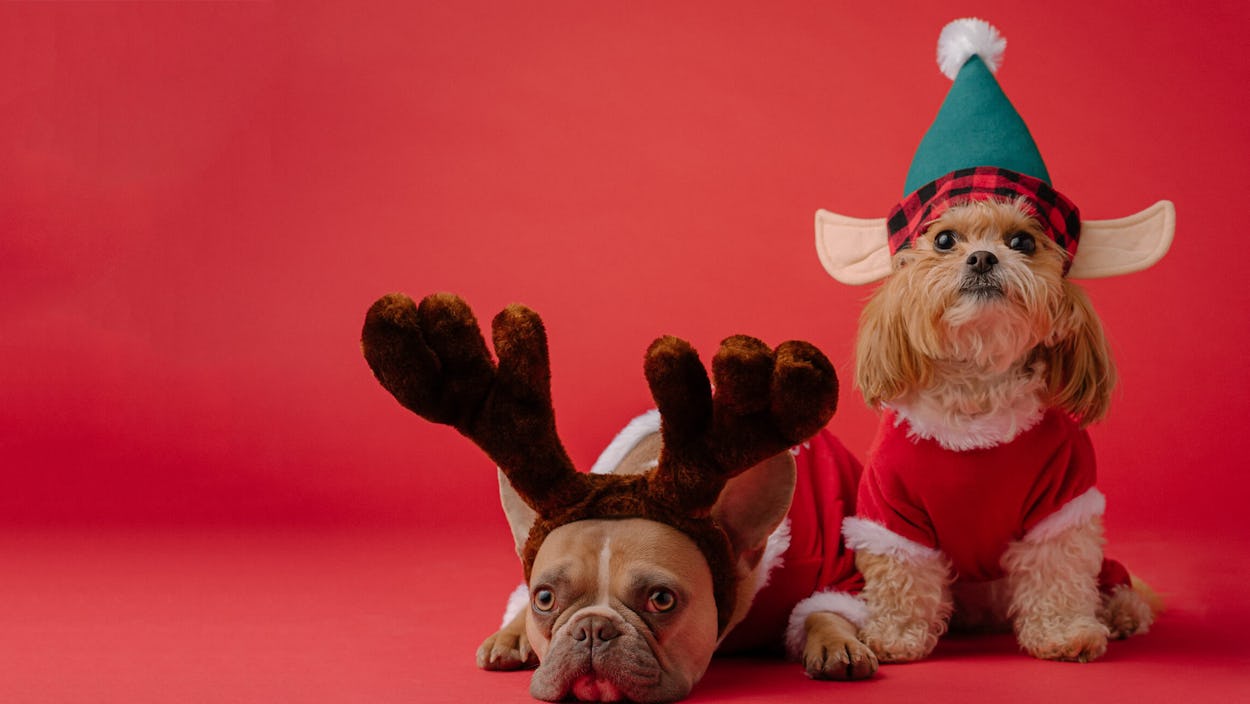
How can you ensure that your pet is able to make it through the holiday season in a stress and anxiety-free manner? Read our blog...
LEARN MORE
Summer is around the corner and with Summer brings heat, bush fires, ticks, snakes, spiders, parties, fireworks and electrical storms, to name a few. Do...
LEARN MORE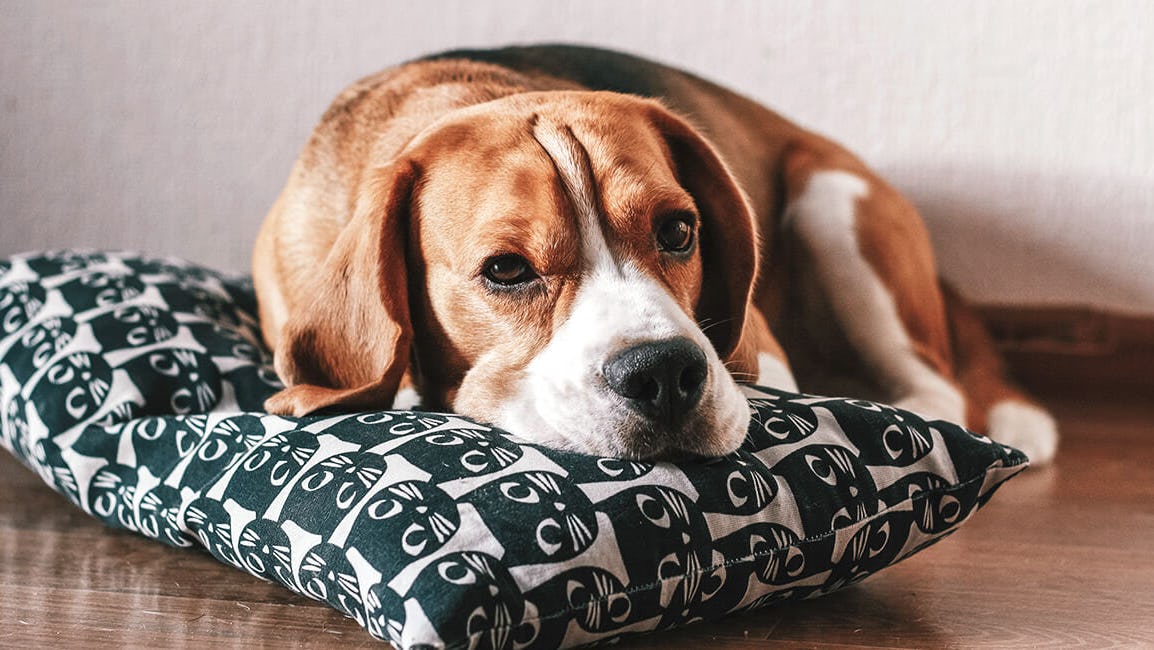
It is becoming very common to see hip dysplasia in many dogs of all breeds, predominately larger breeds but with advances in Veterinary treatment and...
LEARN MORE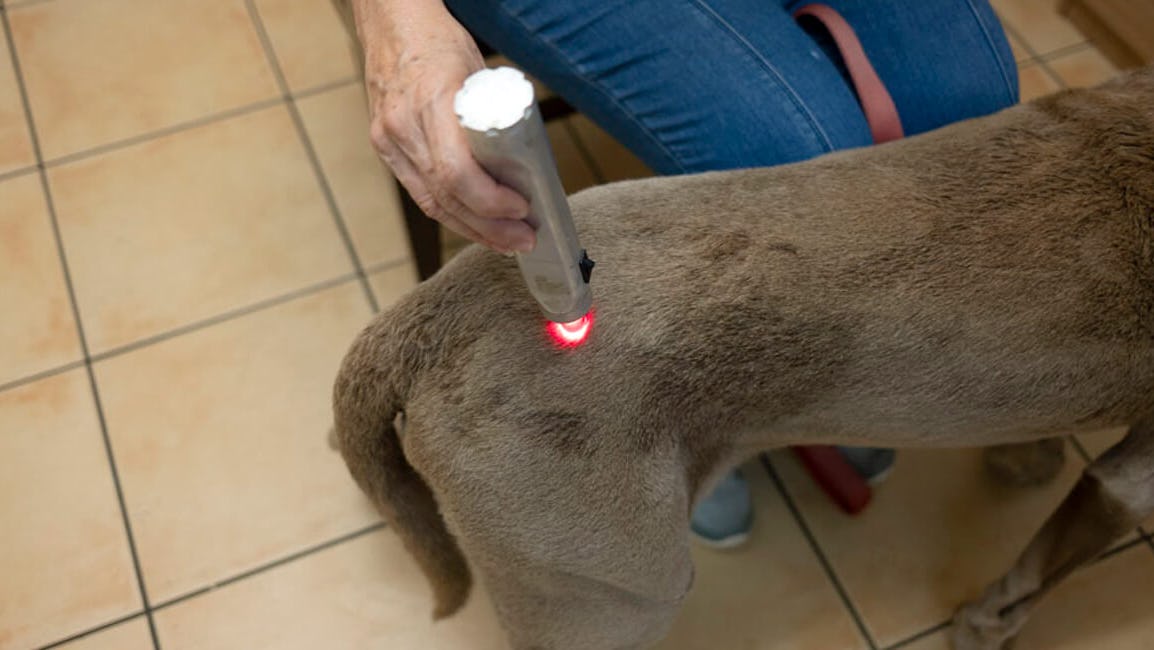
Learn how Photonic Therapy can provide relief from pain for your dog and promote healing that's safe, painless, and very effective....
LEARN MORE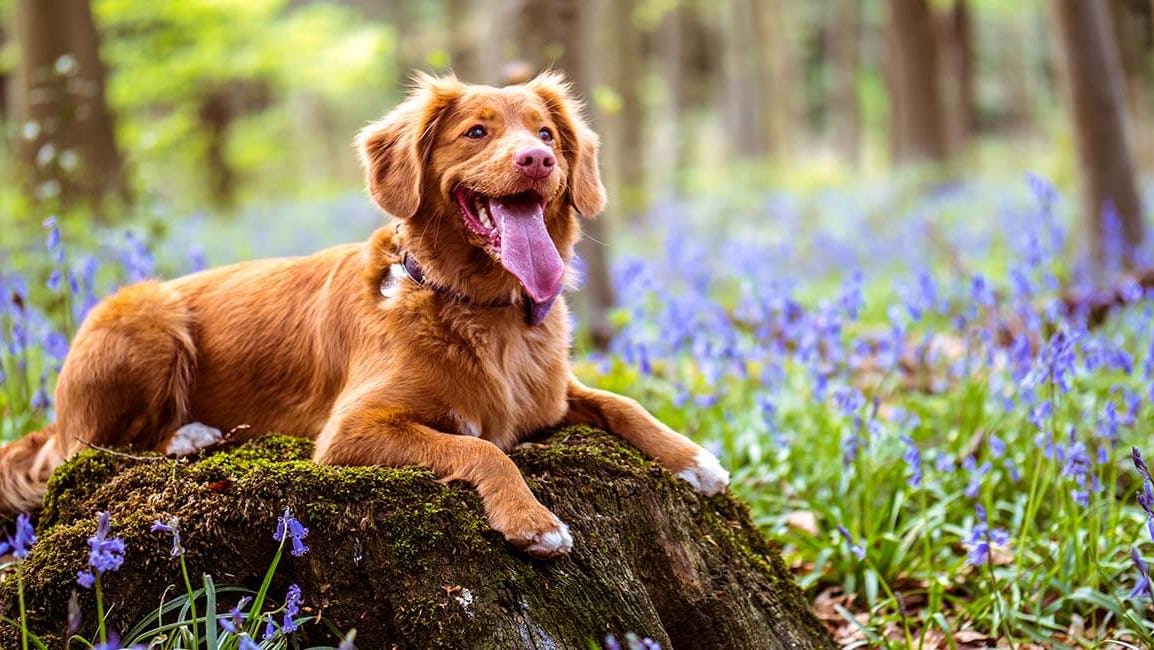
Seasonal issues can bring an onset of allergies and pests for our pets. Learn how to keep your dogs safe and ready for the spring...
LEARN MORE
K9 SWiM featured in the Hills District Independent Magazine to discuss Greyhounds as Pets (GAP) participating in an Introduction to Hydrotherapy for Dogs session....
LEARN MORE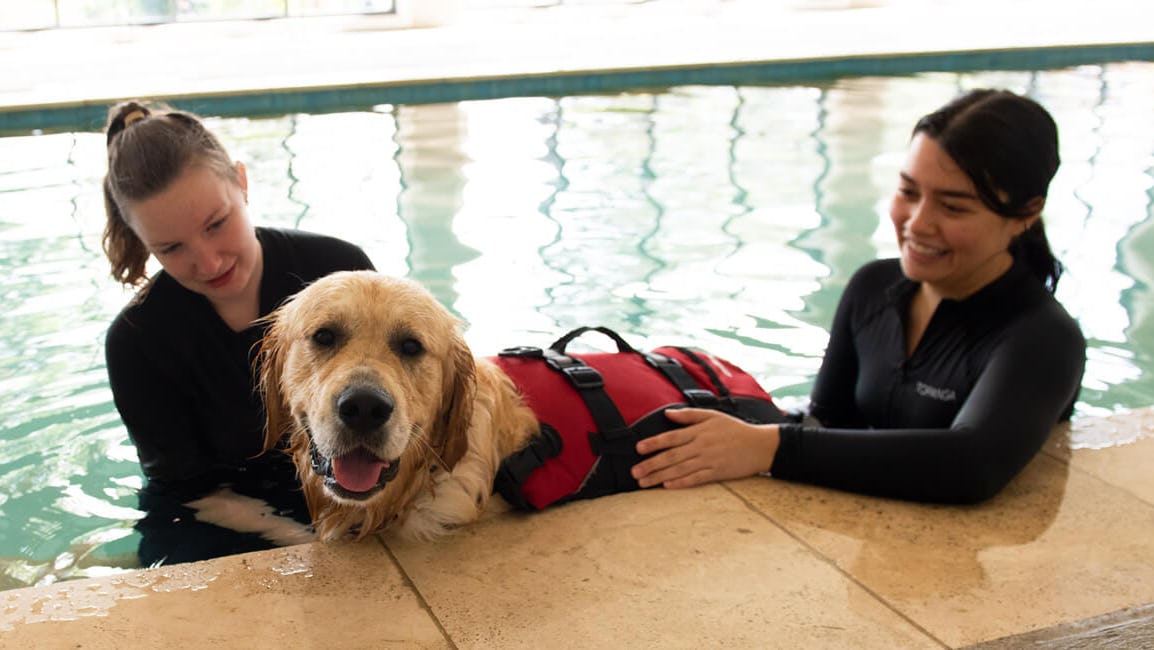
Learn about the difference between the K9 SWiM Hydrotherapy Pool and Underwater Treadmill....
LEARN MORE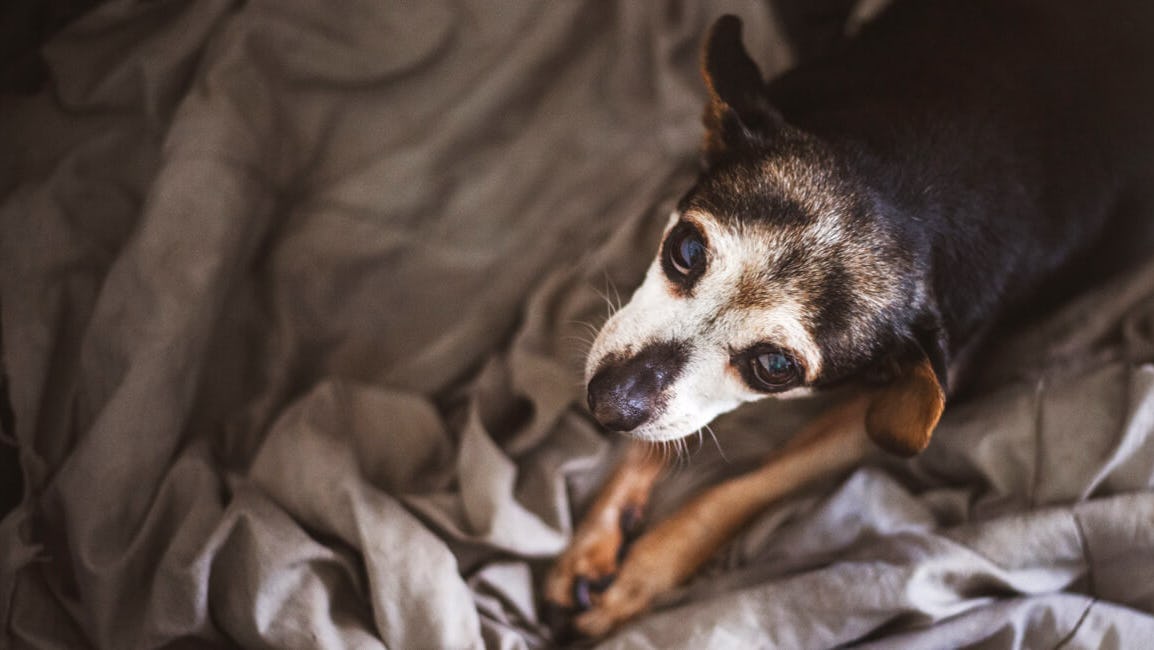
Find out how to help your senior dogs adapt to the changes that occur through aging....
LEARN MORE
Summer and Christmas is here! It is an exciting time of the year however our fur babies might not think so with lots of noisy...
LEARN MORE
Adding herbs to your dog’s diet can have a significant impact on the health and well being of your fur baby....
LEARN MORE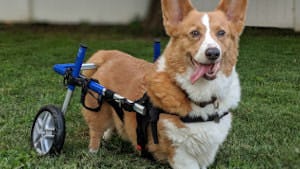
It can be devastating when you see your beloved pooch all of a sudden have spinal pain or weakness in their limbs and not be...
LEARN MORE
Our whole world as we know it has been turned upside down and these are challenging times for all of us. There are so many...
LEARN MORE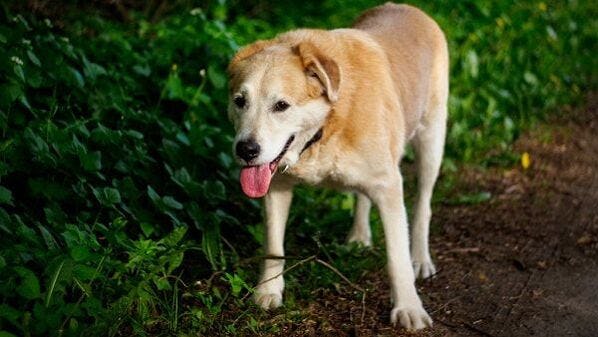
Life can be tough on the body, even for the best loved and pampered pooch, and by the time they reach their ‘Golden Years’ they...
LEARN MORE
The Australian bush fires have been devastating and this crisis continues as fires are still ablaze around our country. Hazardous thick smoke has blanketed many...
LEARN MORE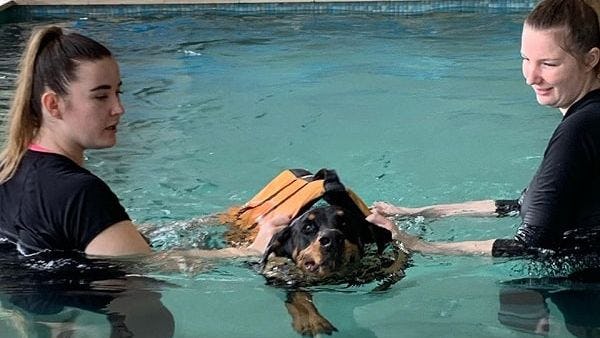
Just like us, dogs need rehabilitation too after surgery or an injury. Rehabilitation can speed up recovery and achieve strength, balance, cognition and can increase...
LEARN MORESign up to our free quarterly newsletter for fun facts, stories and learn more about your dog’s health & safety.


